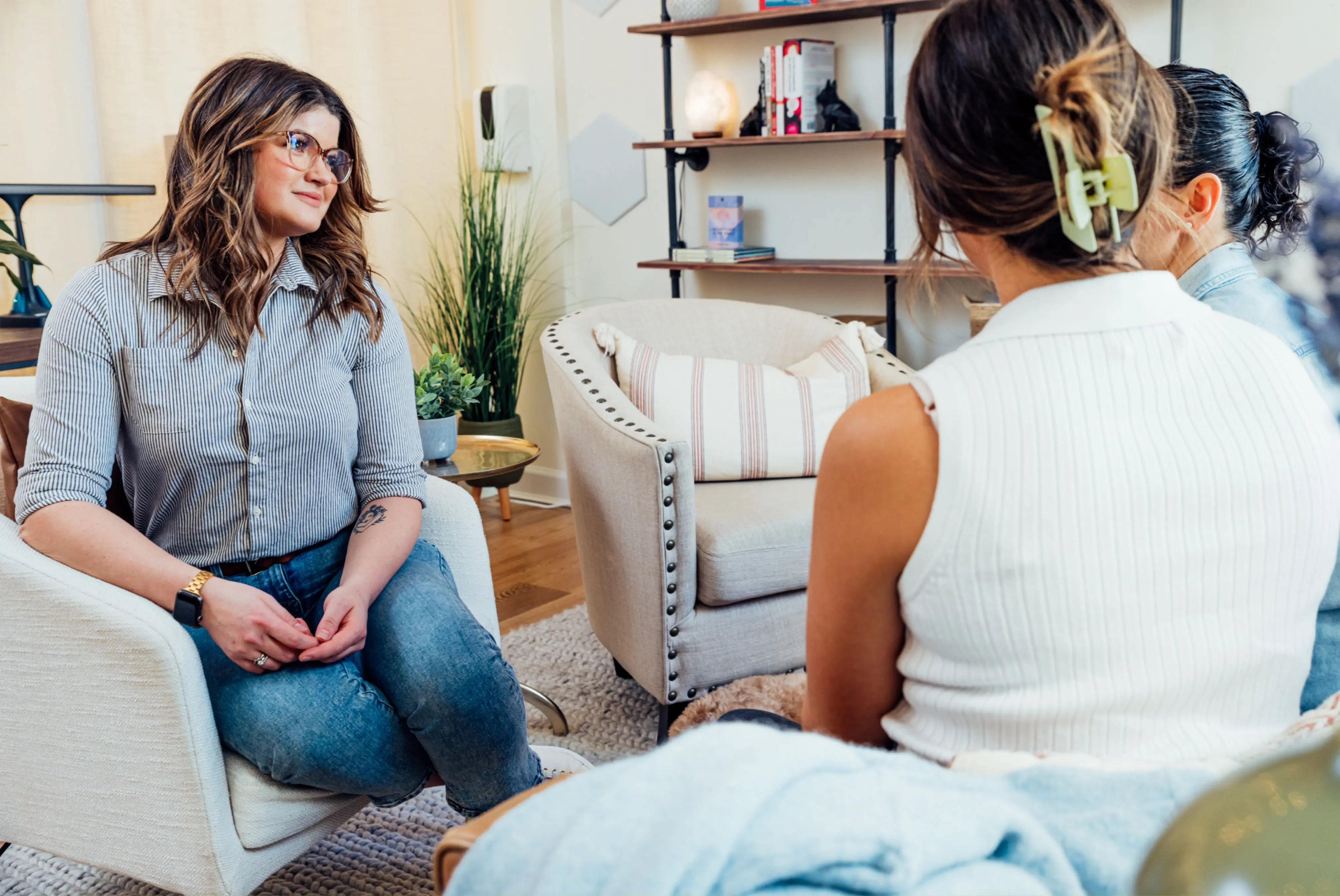24/7 Helpline:
(866) 899-221924/7 Helpline:
(866) 899-2219
Learn more about Klonopin Rehab centers in Kalamazoo County
Klonopin Rehab in Other Counties

Other Insurance Options

AllWell

MHNNet Behavioral Health

Self-pay options

Sliding scale payment assistance

Health Choice

Absolute Total Care

PHCS Network

MVP Healthcare

Aetna

Regence

Premera

Health Net

UnitedHealth Group

EmblemHealth

Choice Care Network

BlueCross

Group Health Incorporated

American Behavioral

Access to Recovery (ATR) Voucher

Carleon

Pine Rest Christian Mental Health Services
Located in Kalamazoo, Michigan, Pine Rest Christian Mental Health Services offers mental health, beh...

Ascension Borgess Hospital Behavioral Health Inpatient Care
Ascension Borgess Hospital is a co-occurring substance use disorder treatment center located in Kala...

Elizabeth Upjohn Community Healing Center
Elizabeth Upjohn Community Healing Center’s psychologists and social workers provide a wide range of...

Kalamazoo Psychology
Kalamazoo Psychology offers outpatient treatment for individuals with alcohol and/or substance addic...

Victory Clinical Services
Victory Clinical Services is a private rehab located in Kalamazoo, Michigan. Victory Clinical Servic...

Inter Act of Michigan
Inter Act of Michigan is a non-profit rehab located in Kalamazoo, Michigan. Inter Act of Michigan sp...

Gilmore Community Healing Centers
Gilmore Community Healing Center has served over 50,000 people struggling with mental health problem...

Western Michigan University – Behavioral Health
Western Michigan University - Behavioral Health is an accredited outpatient treatment for substance ...

KPEP – Park Street
KPEP - Park Street provides a live-in residence for individuals who need a more structure than regul...

Child and Family – Psychological Services
Child and Family – Psychological Services is a private rehab located in Kalamazoo, Michigan. Child a...

KPEP – Chicago Avenue
KPEP–Chicago Avenue is a residential drug and alcohol rehab for justice-involved adults in Kalamazoo...

KPEP – Olmstead Road
KPEP - Olmstead Road provides a live-in residence for individuals who need a more structure than reg...

River Region Behavioral Health
River Region Behavioral Health is a private rehab located in Vicksburg, Mississippi. River Region Be...

Warren Yazoo Chemical Dependency Center
Warren Yazoo Chemical Dependency Center is a private rehab located in Vicksburg, Mississippi. Warren...


























































































































































Straightways
Straightways is a private rehab located in Kalamazoo, Michigan. Straightways specializes in the trea...

New Way Counseling
New Way Counseling offers outpatient treatment for individuals with alcohol and/or substance addicti...

SPGB Services
SPGB Services is a private rehab located in Kalamazoo, Michigan. SPGB Services specializes in the tr...

PAR Rehab Services
PAR Rehab Services offer neurorehabiliation and comprehensive psychological services to individuals ...

Alano Club
Alano Club is a non-profit rehab located in Kalamazoo, Michigan. Alano Club specializes in the treat...

Psychological Consultants of Michigan
Psychological Consultants of Michigan has been providing compassionate outpatient Mental Health and ...

Kalamazoo Community Mental Health
Kalamazoo Community Mental Health is a public rehab located in Kalamazoo, Michigan. Kalamazoo Commun...

Western Michigan University – Behavioral Health Kings Edge
Western Michigan University - Behavioral Health is an accredited outpatient treatment for substance ...

Region XV Warren – Yazoo Mental Health Services
Region XV Warren – Yazoo Mental Health Services is a private rehab located in Vicksburg, Mississippi...

Marian Hill Chemical Dependency Center
Marian Hill Chemical Dependency Center is a private rehab located in Vicksburg, Mississippi. Marian ...

Mississippi Department of Rehabilitation Services
Mississippi Department of Rehabilitation Services is a private rehab located in Vicksburg, Mississip...







































































